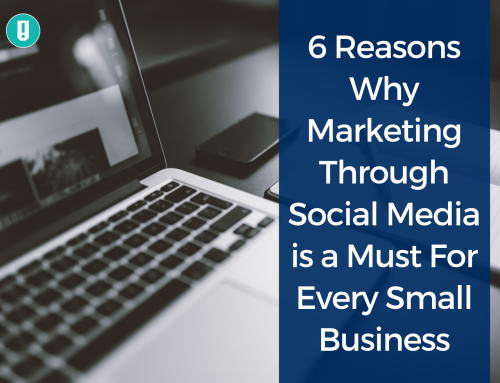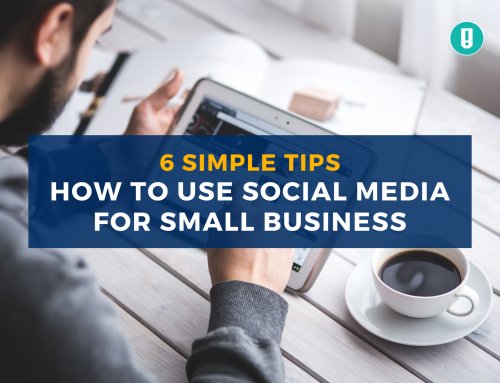Retail businesses come in all shapes and sizes. Luckily, so do the financing options available to you. This guide is an overview of the most common funding methods, to help you to find the one that best fits your needs.
Whether you sell clothing, stationary, or electronics, retail businesses tend to face some similar challenges where outside financing is the right choice. Some of these moments include:
Opening a new location: Between marketing, locking down your new digs, hiring and training employees, and bringing your space to life, opening a store is a lot of work—and takes a lot of upfront capital. Whether you’re moving into your first brick and mortar shop or it’s time to expand to a new location, financing can provide you with the funding you need to make that leap.
Purchasing inventory or equipment: Upfront costs of inventory or equipment can be difficult to pay for out of pocket at once, or put a serious crunch on your cash flow—especially when you normally don’t see the return for a few months. When investing in something that will generate income in the long term, a loan can bridge the gap between the cost and the revenue.
Operational costs: There are plenty of costs involved in running a business just to keep the lights on. Financing can assist you if you need working capital to cover these operational costs while you focus on what’s most important: growing your retail business.
Growing your team: If you ever find yourself in a scenario where you need to hire more hands, but you don’t have the upfront cash to do so, a loan could be the answer. Your industrious new team will help to generate the revenue to pay what you borrowed back!
Seasonal budgeting: If you need to stockpile inventory in anticipation of your annual Holiday rush, a loan can help to ensure you have the products on hand so you don’t have to miss out on easy (and important) sales.
Miscellaneous: If you’re eager to expand to e-commerce, want to revamp your online marketing presence, or think your retail business could gain exposure from becoming a vendor at a marketplace or pop-up, you probably will need some extra cash to make it happen—there’s a loan for that.
Types of Financing
Debt Financing
If you’re ready to seek out financing, here are some of the most popular debt financing options available to you.
Term loans: A term loan is a lump sum you borrow from a lender and receive upfront, then repay in fixed amounts over a set period of time. Term loans are appealing to many borrowers due to their flexibility, low interest rates, predictable repayment schedule, and speed of approval. Loans vary in size, and repayment periods can range in length from months to years.
Best for: Businesses with an established operating history; businesses making long-term investments for growth; businesses that want a predictable repayment schedule
Credit cards: Credit cards extend a limited line of credit that you then repay with interest after a set grace period has elapsed.
Best for: Businesses that don’t require large loans; business owners who want to earn rewards on what they spend
Merchant cash advance: A merchant cash advance is cash you receive as an advance against your future sales. You receive the money upfront, then repay it through a fixed percentage of your daily credit card sales.
Best for: Businesses that make a large number of debit and credit card sales; businesses with weaker credit history or lack of collateral
Inventory financing: Intended for shorter-term inventory needs, this kind of loan uses the inventory itself as collateral and assumes a shorter repayment period.
Best for: Businesses that experience seasonal fluctuation; businesses that are able to repay a loan quickly; businesses that may not qualify for a term loan or other financing
Equipment financing: A loan to purchase equipment in which the equipment itself acts as the collateral for the loan.
Best for: Businesses that want to invest in an expensive piece of equipment; businesses that need a longer period of time (5+ years) to pay off the loan
Small Business Administration loans: A government agency, the Small Business Administration offers several types of loans to small business owners and entrepreneurs. For qualifying applicants, they offer relatively generous borrowing limits and low interest rates.
Best for: Smaller businesses that are new to borrowing; businesses that need longer repayment terms; businesses willing to work through a longer process to secure a loan
Equity Financing
Unlike the debt options we’ve just discussed, equity financing is not a loan but rather a sale of a portion of your business in exchange for capital. You are not responsible for repaying a debt, but rather the investor purchases a stake in your company with the expectation of realizing a return on that investment through their percentage of your future profits.
Best for: Business owners who are willing to give up a portion of their company; businesses in earlier startup phase with insufficient operating history to secure an affordable loan; businesses with a higher risk of success
Conclusion
Running a successful retail business is a labor of love, but well worth the (probable) blood, sweat and tears. There’s nothing more rewarding than bringing your vision to life, and creating the perfect retail experience for your customers. And if you need the cash to make your dreams a reality, a loan could provide you with the opportunity to do just that.
ABOUT THE AUTHORS:
Bond Street is transforming small business lending through technology, data and design. We offer term loans of up to $1 million, with interest rates starting at 6%.






Leave A Comment